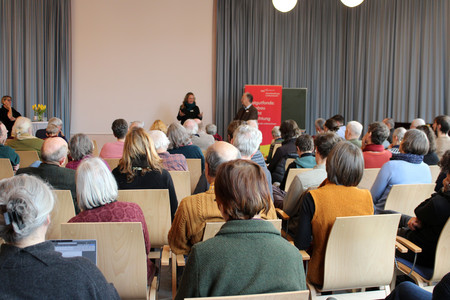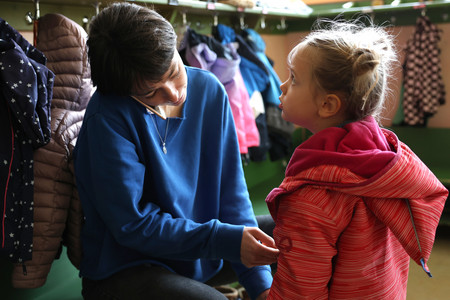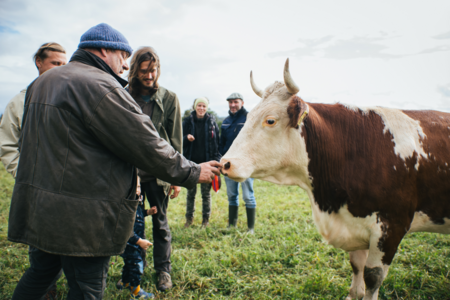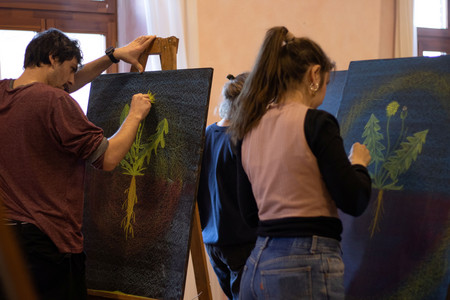"Echo hilft!" supports sick Children and their Families

When a child becomes seriously ill, everyday family life is turned upside down. Whether it's a cancer diagnosis, brain tumor, or chronic illness—as varied as the courses of these diseases may be, the diagnosis always marks the beginning of a state of emergency. In addition to concerns about the future, countless new tasks arise: doctor's appointments, hospital stays, and therapies must be organized, bureaucratic hurdles overcome, and additional financial burdens borne.
The Association for Children with Cancer and Chronic Illnesses in Darmstadt/Rhine-Main-Neckar provides valuable support in such extreme situations – with conversations, care, and practical help. The charity campaign on its behalf has sparked great solidarity in the region in recent months. The Software AG Foundation, a long-standing funding partner of "Echo hilft!", contributed €20,000. "The association's work deserves not only support, but also great respect," said SAGST board member Peter Augustin. "Its commitment shows how healing it can be when people stand by each other. This is another reason why our foundation is particularly committed to supporting such civil society initiatives."
Support that makes a difference
The donations will be used to implement two key projects: Firstly, the association supports parents in financing medication or medical equipment that is not covered by health insurance. Secondly, it wants to enable short breaks on farms in the region, for example in the Odenwald: four days away from everyday life in the clinic, during which families can take a deep breath again. The association is also expanding its range of services. Plans include a yoga class for parents and additional experiential learning activities. Demand is growing, particularly in the area of ADHD: affected children benefit enormously from being outdoors, being creative, and discovering their own strengths. The aim is to recruit additional specialist staff for this purpose in the future.




